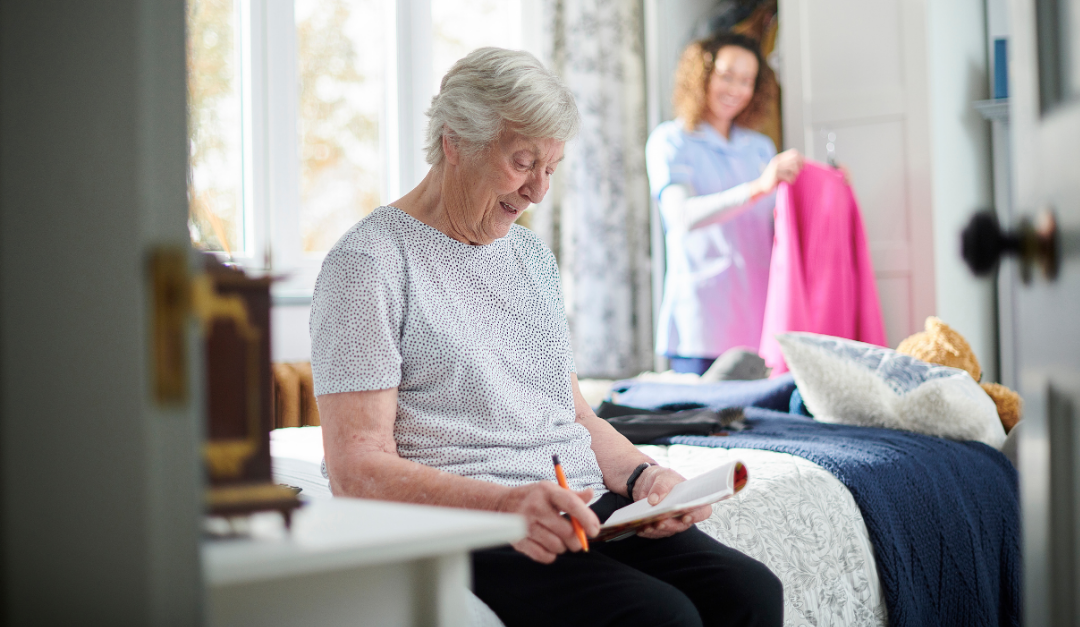The health risks facing older adults during the pandemic goes beyond the physical; a stressful environment can exacerbate previous medical conditions. It’s already bad enough that 40% of older adults regularly experience loneliness, but social distancing certainly hasn’t helped.
Caregivers recognize that residential stress can manifest into something worse. Most communities have done their best to keep seniors engaged, despite isolation.
The disruption to regular life has affected most people. Because of this, it’s important to keep the stress levels of seniors down as much as possible.
Don’t make everything about the pandemic
Ironic to write, since almost everything, including this article, revolve around some part of the pandemic. The most important thing is to keep everyone updated when changes arise. Not every update you post on your social media page needs to mention the pandemic. Encourage residents to get involved in programs that promote mindfulness, recreational activities, and/or exercise. When residents are active, it’s easier to create a voice for the community that ease residents’ anxiety and attract new seniors.
When you do mention the coronavirus, use it as a platform to showcase how your staff members are prioritizing everyone’s safety.
Creating an easy transition
New residents may have serious reservations during the move-in process. Most of us have experienced the stress of dealing with an obnoxious car salesman that didn’t give us any time to weigh our options. Don’t let potential move-ins make their final decision based on pressure. Encourage seniors to get acquainted with the director, provide visits to their new space and be available to answer any questions they have.
Offer new classes
One of the best ways to stimulate the mind is to learn something new. Getting residents involved in a new activity provides a healthy distraction, all while having cognitive benefits. This could be as simple as starting a new workshop, hosting puzzle games, music lessons, or fitness outings.
Treatment
For residents with ongoing symptoms, one-on-one behavioral health treatment with a licensed provider may be the most effective method. If you’re noticing that many residents are struggling, make sure they’re aware of the options available to them. Staff may not always become immediately aware of a resident’s decline in health, but an on-sight therapist may catch things otherwise missed.
Staff members can also receive training from a licensed therapist to learn how to be proactive and help residents regain optimal health.
